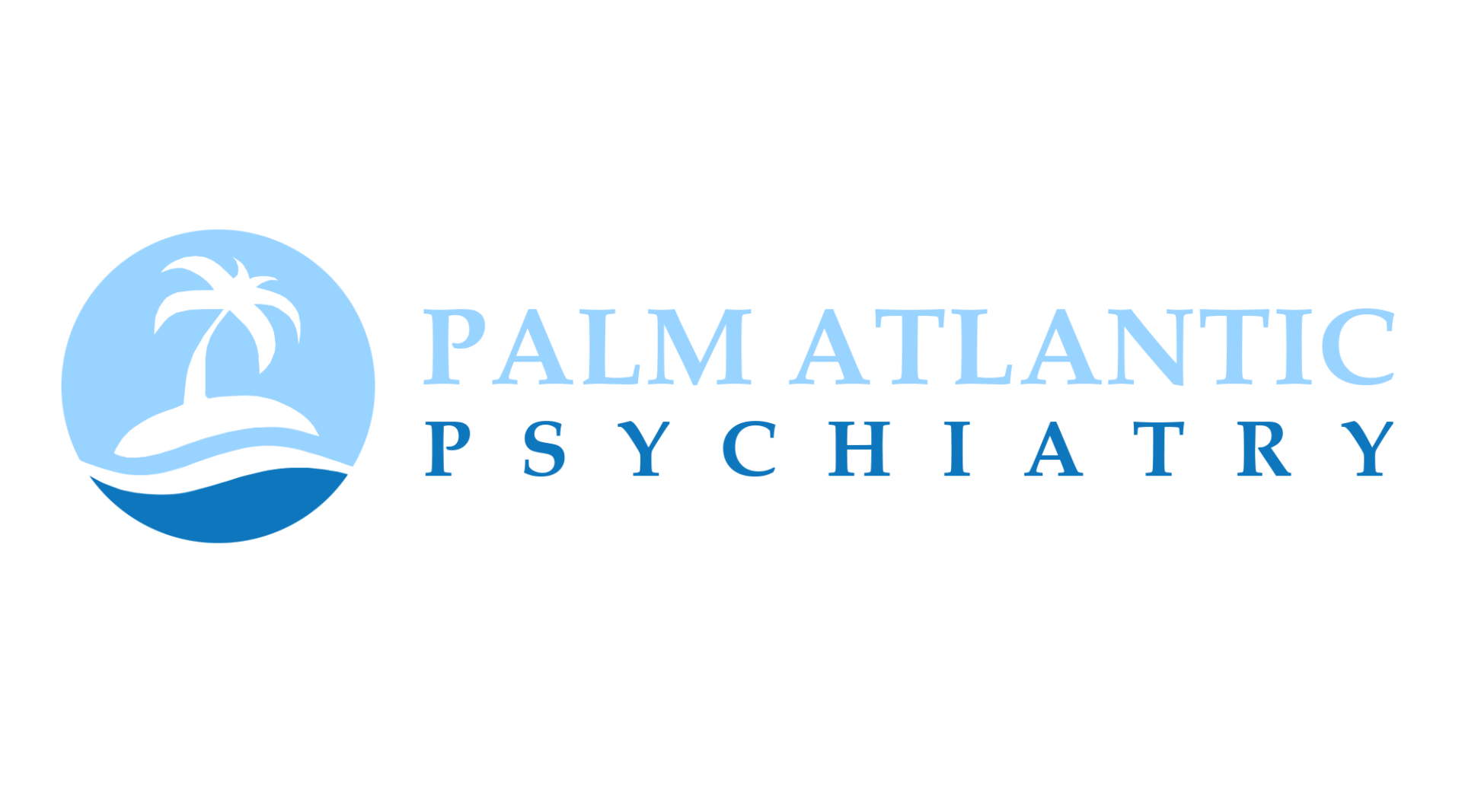Social Anxiety and Holiday Gatherings: How to Feel More Comfortable
Holiday Guide


The holiday season often brings opportunities to gather with family, friends, and colleagues, but for those with social anxiety, these gatherings can feel overwhelming. Social anxiety can make it difficult to relax, enjoy conversations, or feel comfortable in group settings. However, with the right strategies, you can navigate holiday events with more confidence and ease.
In this article, we’ll explore practical tips to help you feel more comfortable at holiday gatherings, so you can focus on connecting with others and enjoying the season.
Why Holiday Gatherings Can Trigger Social Anxiety
Holiday gatherings can amplify social anxiety due to several factors:
- Large Crowds: Many holiday events bring together extended family or large groups, which can feel overwhelming for those with social anxiety.
- Unfamiliar Environments: Attending events in new or crowded places can trigger feelings of unease or discomfort.
- High Expectations: There may be pressure to make a good impression, participate in conversations, or be “cheerful,” which can heighten anxiety.
- Focus on Socializing: The emphasis on social interactions can feel intense, especially for those who are naturally introverted or prefer smaller settings.
Recognizing these triggers can help you approach holiday gatherings with self-compassion and a plan to manage your anxiety.
Tips for Managing Social Anxiety at Holiday Gatherings
Here are some strategies to help you feel more comfortable and in control during holiday events:
1. Prepare and Visualize the Event in Advance
Visualizing the event beforehand can help you feel more prepared. Picture yourself arriving, greeting others, and engaging in conversations. This mental rehearsal can reduce anxiety by helping you anticipate the flow of the gathering.
How to Visualize the Event:
- Close your eyes and imagine each step of the event, from entering to interacting with others.
- Picture yourself feeling calm, composed, and confident.
- Remind yourself of past gatherings that went well to build confidence.
2. Focus on Breathing Techniques
Deep breathing exercises can help calm your nervous system and reduce feelings of anxiety. Practicing breathing techniques before and during the event can keep you grounded and relaxed.
Simple Breathing Exercise:
- Inhale slowly through your nose for a count of four.
- Hold your breath for four counts, then exhale through your mouth for a count of four.
- Repeat this cycle a few times to ease tension and reduce anxiety.
3. Set Realistic Expectations
It’s easy to put pressure on yourself to be social or “perfect” at holiday gatherings, but setting realistic expectations can help reduce anxiety. Give yourself permission to be yourself and remember that you don’t have to be the life of the party.
How to Set Realistic Expectations:
- Remind yourself that you don’t need to impress anyone or be overly social.
- Set a goal to engage in a few conversations rather than feeling obligated to socialize with everyone.
- Allow yourself to take breaks as needed to recharge.
4. Have a Few Conversation Starters Ready
Having a few conversation topics in mind can make it easier to connect with others and avoid awkward silences. Simple, open-ended questions can help you feel more in control of conversations.
Examples of Conversation Starters:
- “What’s your favorite holiday tradition?”
- “Do you have any travel plans coming up?”
- “What have you been working on recently?”
5. Take Breaks When Needed
Holiday gatherings can be overwhelming, so don’t hesitate to step away if you need a moment to recharge. Find a quiet space to collect your thoughts, practice breathing, or simply relax.
Ideas for Taking Breaks:
- Step outside for a few minutes to get fresh air and clear your mind.
- Take a quick bathroom break to refocus and calm down.
- Practice grounding techniques, like pressing your feet into the floor, to center yourself.
6. Shift Focus Away from Yourself
Social anxiety often involves excessive self-focus, such as worrying about what others think. Shifting your attention to those around you can reduce self-consciousness and help you engage more naturally.
Tips for Shifting Focus:
- Focus on genuinely listening to others rather than worrying about your own responses.
- Practice curiosity by asking open-ended questions to show interest in others.
- Remind yourself that most people are focused on enjoying the event, not scrutinizing you.
How Palm Atlantic Psychiatry Can Help
If social anxiety is impacting your ability to enjoy holiday gatherings, Palm Atlantic Psychiatry offers support to help you manage and overcome these challenges. Our team provides treatment plans focused on anxiety management, including supportive therapy to help you build confidence and develop coping techniques for social situations.
For those interested in
natural support, Palm Atlantic also offers Thorne supplements designed to reduce anxiety and promote relaxation. Our providers can guide you in finding a holistic approach that includes both therapeutic strategies and natural options to support your mental well-being during the holiday season.
With
telepsychiatry services available throughout Florida and in-person care at our Jupiter, FL location, Palm Atlantic Psychiatry makes it easy to access expert support and personalized strategies for managing social anxiety.
Final Thoughts
Holiday gatherings don’t have to feel overwhelming. By preparing in advance, practicing breathing techniques, and setting realistic expectations, you can approach social events with greater ease and confidence. Taking breaks, shifting focus, and having conversation starters ready can also help reduce social anxiety and make gatherings more enjoyable.
If social anxiety is affecting your holiday experience, consider
reaching out to Palm Atlantic Psychiatry. Our team is here to provide guidance, therapeutic support, and holistic options to help you feel more comfortable and confident throughout the holiday season and beyond.

All Rights Reserved | Palm Atlantic Psychiatry | Privacy Policy
By providing your email address or phone number and clicking "Submit" or any similar action, you agree to receive emails and text messages (SMS) from Palm Atlantic Psychiatry regarding appointments, services, and important updates. Message and data rates may apply. You can opt out at any time by clicking "UNSUBSCRIBE" or replying "STOP" to any message.




